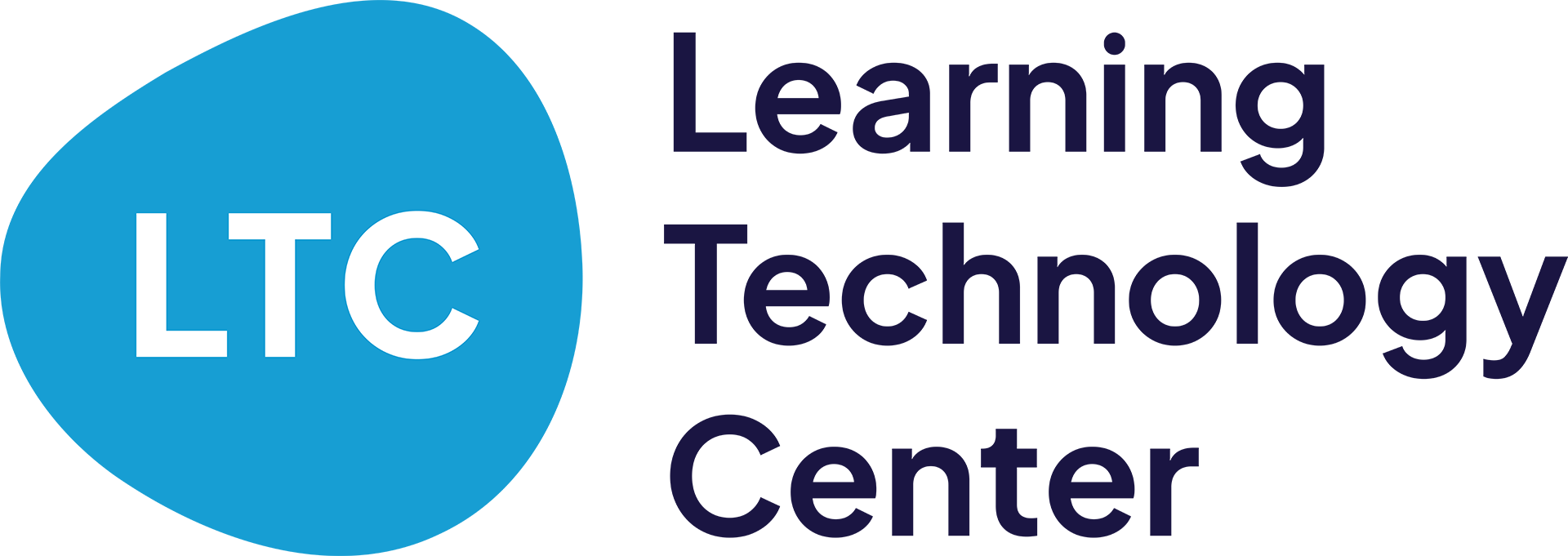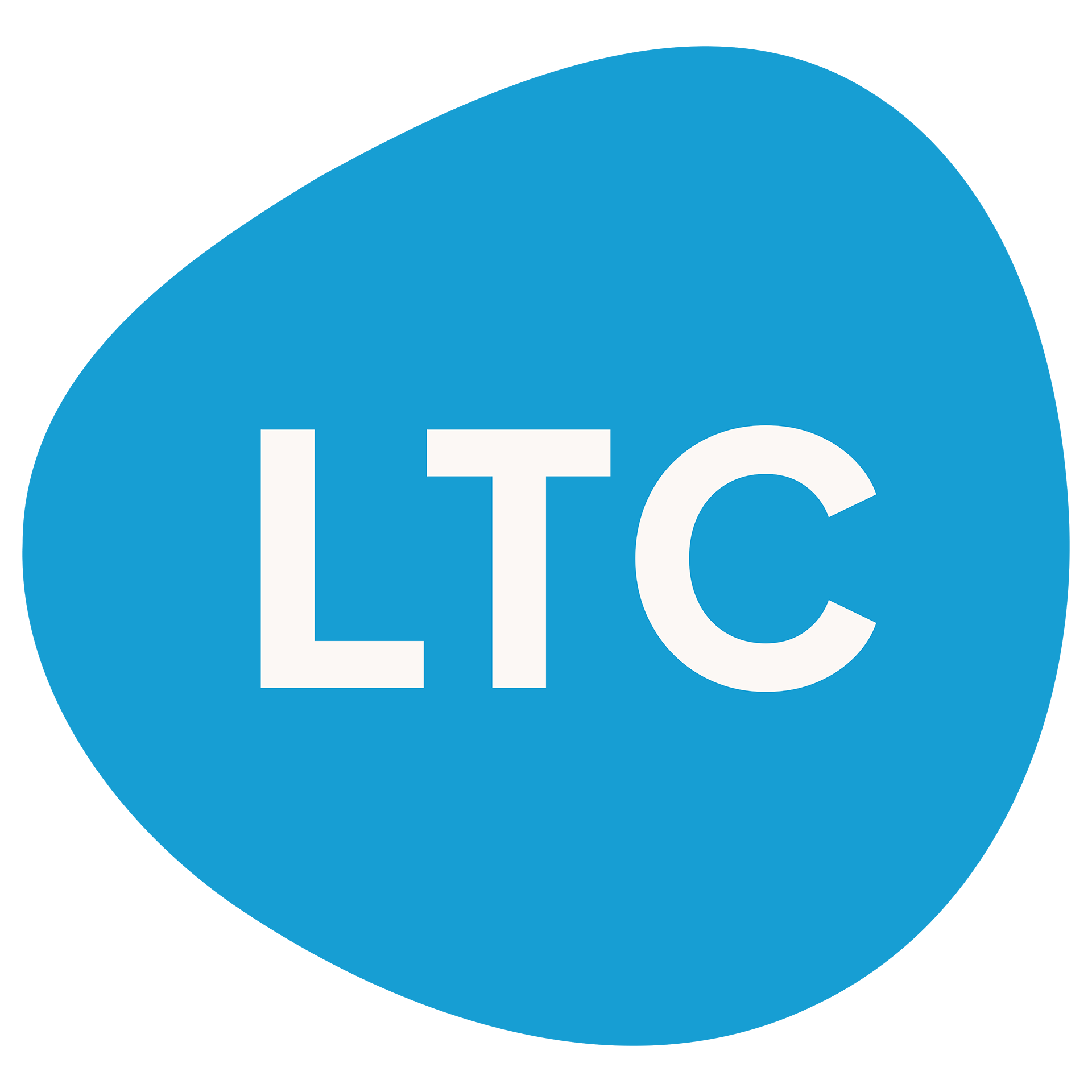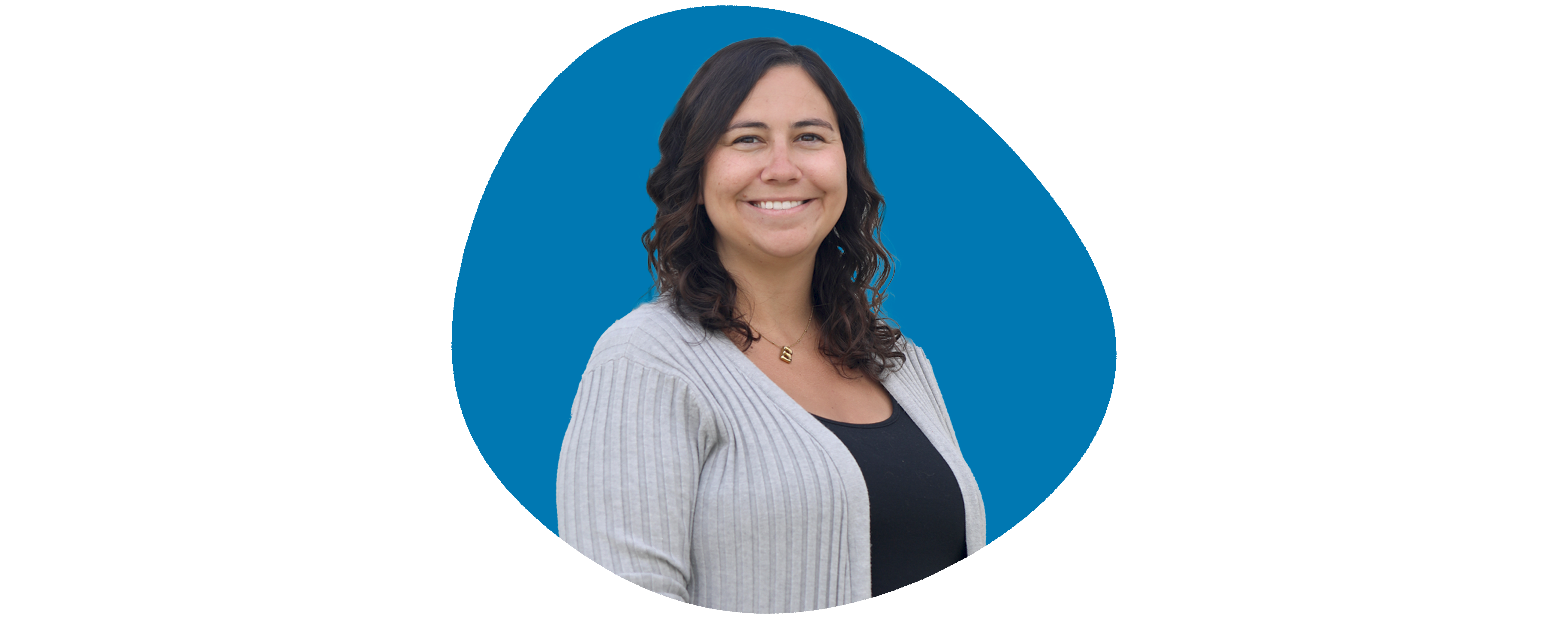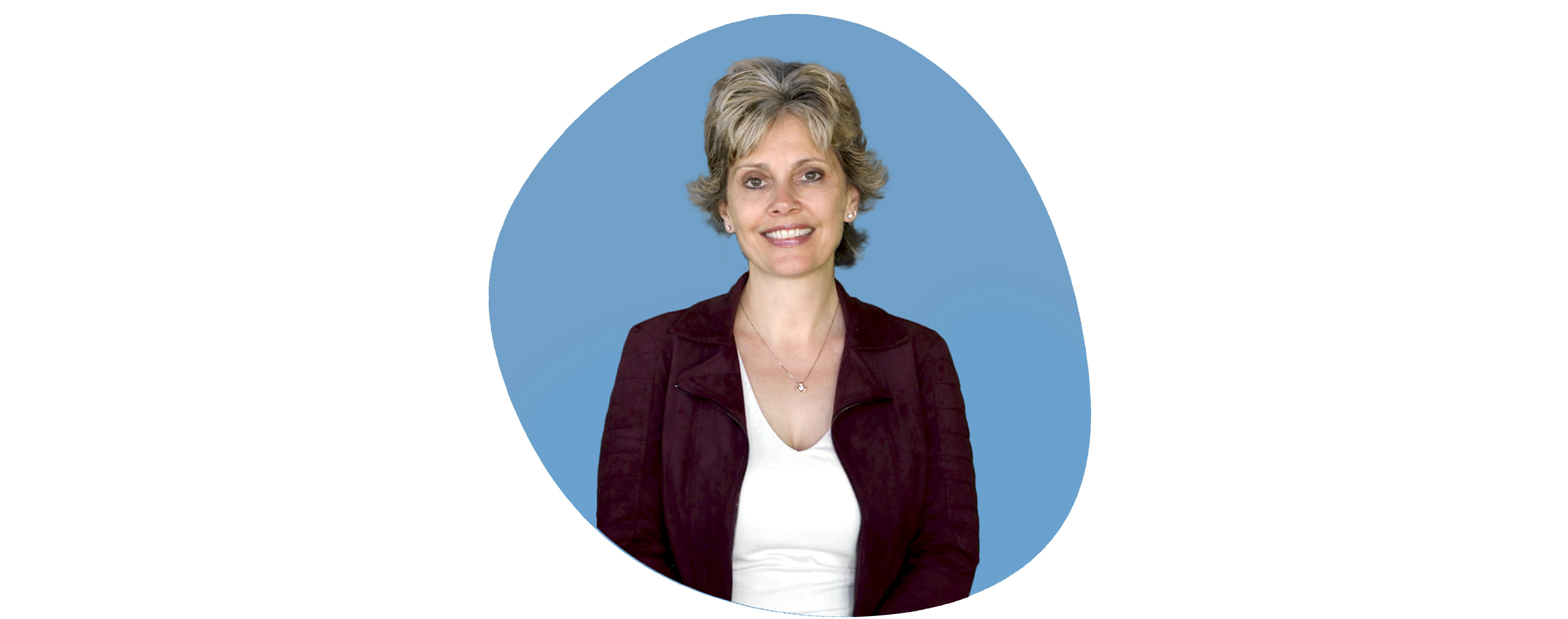Charting a New Frontier in Literacy at #DigLitCon
Digital literacy has been on the tip of the tongue for many educators over the past several years. More and more schools are now placing a renewed emphasis on their students’ ability to find, evaluate, and compose information through digital mediums.
As such, there’s a growing need in Illinois’ education community for reliable, up-to-date digital literacy pedagogy. This summer, the Learning Technology Center (LTC) will take an important step forward toward filling that need by hosting the Digital Literacy Conference.
This one-day virtual event will bring together educators, administrators, and library media specialists from around the state to discuss the best ways to integrate digital literacy content into all classrooms. Sessions at the Digital Literacy Conference will center around several key competencies within digital literacy, ranging from visual and media literacy to digital resource ethics.
There are even more great reasons to attend the Digital Literacy Conference on June 4, 2021. Here are just a few of those reasons, as highlighted by #DigLitCon’s hard-working planning team.
A Focus on a Timely Topic
Even before the majority of instruction shifted online last year, many educators were already discussing how their students were learning to take in and interpret digital content. The Digital Literacy Conference will continue many of those discussions and elevate them to the next level, according to the LTC’s Director of Professional Learning, Brian Bates.
Bates says, “The Digital Literacy Conference will be an opportunity for educators to sit down with their peers and discuss what’s working in digital literacy education. That way, more educators can begin to see not only the importance of teaching digital literacy, but reliable methods for making it a part of their instructional practices as well.”
Bates also says that the Digital Literacy Conference will be a refreshing opportunity to look at how students interact with and utilize their digital resources, now that digital learning has become a norm in many classrooms.
“In many ways, digital literacy has to be a counterpart to other pushes to get tech into students’ hands. The Digital Literacy Conference will hopefully open the door to look at that other side and give educators a chance to see the soft skills students need to succeed in a digital learning environment.”
Literacy for School and Beyond
With its unique combination of content analysis and digital stewardship, digital literacy can be a major asset for students as they strive toward self-guided learning.
But as Bates points out, teaching digital literacy is about more than preparing students for future academic pursuits. Fully-fledged digital literacy can also help students thrive in their digital interactions outside the classroom.
“Every kid growing up today lives in a world of technology,” Bates explained, “in their free time, they’ll be asked to make decisions about what to believe on social media. Their future jobs will require them to not just use technology, but harness it to its full potential. Those reasons point to a need to raise digitally literate students who are ready to take on the digital world they live in.”
Bates also emphasized that digital literacy skills can help students navigate choppy digital waters on their own, outside the comfortable confines of a school-based learning environment.
“Young people today will eventually make decisions about their health, where to live, and what to believe based upon what they read and see online. Nurturing those critical skills now can help them rise to those challenges once they’ve left our classrooms.”
A Place in Every Classroom
When many teachers hear “digital literacy,” they might assume that it falls under the purview of library media specialists or English language arts teachers, along with other more traditional forms of literacy. But as the Digital Literacy Conference will strive to demonstrate, digital literacy can be learned – and applied – in nearly every classroom and at numerous grade levels.
“Interpreting graphs, analyzing imagery, and comparing news sources – these are all digital literacy skills in waiting,” says the LTC’s Nicole Zumpano, a nationally-recognized voice on digital citizenship, “once we recognize that students have a chance to hone their digital learning skills in various learning environments, we can begin to think more broadly about how those skills give students the tools to navigate a problem – regardless of its content.”
Zumpano also says that today’s educational standards point to the need for wide-ranging digital literacy learning, just as those standards call for traditional literacy learning across all subject areas.
“It’s not a coincidence that Common Core standards emphasize reading and writing proficiency in a variety of content areas. That same need to foster broadly-applicable communication skills apply to digital domains as well. Well-rounded students need to be able to interpret and talk about what they are learning online, and digital literacy skills give them the power to do that.”
Exciting Sessions Across 9 Strands
In order to bring this timely and widely-applicable subject to life, the Digital Literacy Conference will offer participants the chance to attend a full slate of insightful sessions. These sessions will be grouped into nine distinct strands, each focused on different digital literacy competencies.
One session many educators will find interesting is “Can Your Students Spot Falsehoods? Practical Lessons on Web Analysis?” Presented by Mia Gutsell, an Instructional Design Coach and Social Science Teacher with Bensenville School District 2, this session will demonstrate practical ways students can differentiate fact from fiction when reading online sources. Free lesson templates will also be provided so that teachers can put what they’ve learned into immediate action.
Another session worth bookmarking is “Not as Boring as it Sounds: G Suite Tools & Copyright Compliance”. In this session, presenter Renee Bogacz, an Instructional Technology Resource Teacher in Channahon School District 17, will dig into the best ways teachers and students can ethically utilize content they find online. Along the way, participants will learn about copyright, fair use, and Creative Commons licensing, as well as how all three can be properly managed using an assortment of readily-available Google Workplace for Education tools.
These are just a couple of the exciting sessions the Digital Literacy Conference has in store for you. Be sure to keep an eye on the #DigLitCon homepage for further announcements about the full conference schedule in early April.
Reserve your Spot Today!
The Digital Literacy Conference is on its way, and we hope you’ll join this unique opportunity to dig deep into one of education’s most relevant topics. Register today over on the #DigLitCon homepage and take your first step toward harnessing digital literacy’s full potential.
Stay Tuned for More Updates from #DigLitCon
To keep up with the latest on the Digital Literacy Conference, including the upcoming conference schedule announcement in early April, follow the LTC on social media (@ltcillinois on Twitter and Facebook) or subscribe to our monthly newsletter. More information on the conference can also be found on the #DigLitCon homepage.
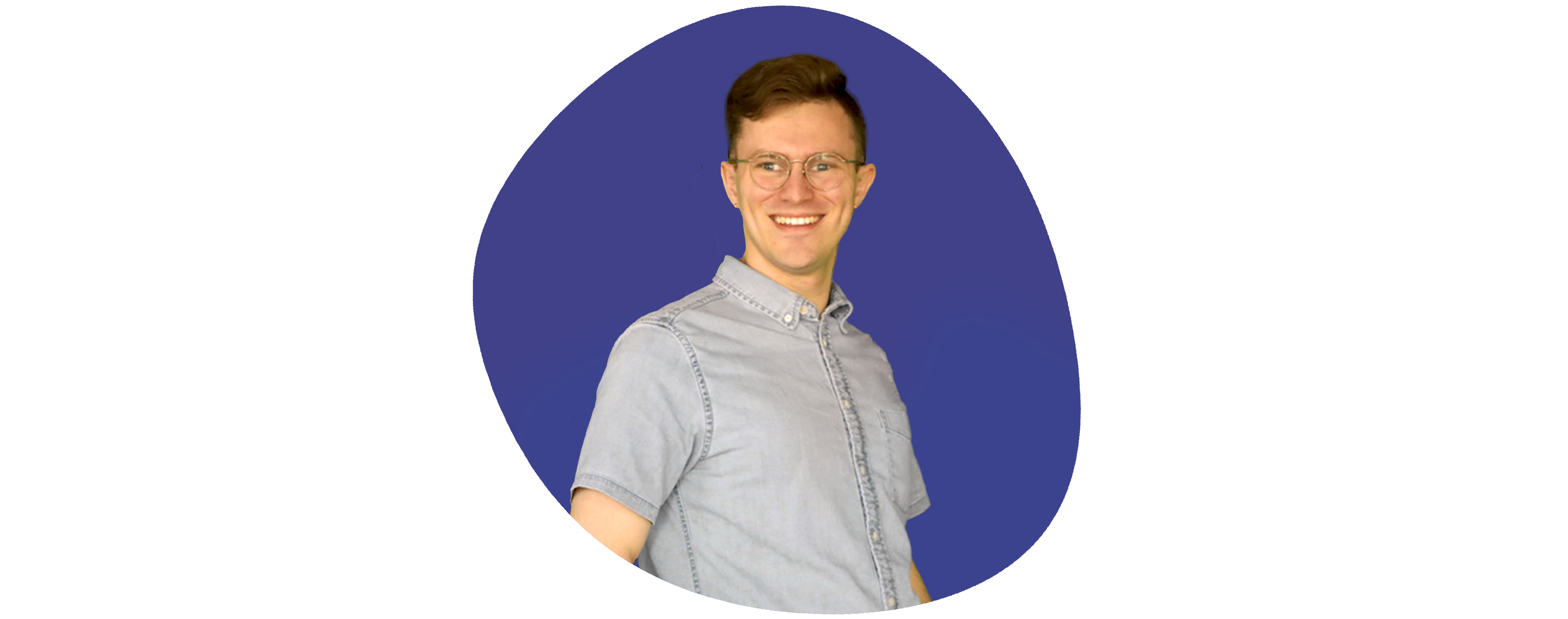
Sam leads and supports the execution and growth of LTC services through the development and creation of innovative, impactful, and timely digital content.
